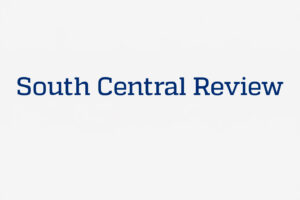
The views expressed are those of the author and do not represent the views of the SNF Agora Institute or Johns Hopkins University.
Author: Anne Applebaum
Russia, Churchill one said, is a “riddle wrapped in an enigma.” Nowadays, we need not use such mysterious language, for we know far more about today’s Kremlin than we ever knew about the Soviet Union and its secretive elite. We know the names of Russia’s leaders; we know how they think and what they say. We know where their wives go shopping, where their children study. In some cases, we know where they live, and how much they paid for their homes. We meet them often, in London or Cannes as well as in Moscow.
Nevertheless, we still have trouble understanding Russia, though the reasons are different from what they were in the past. The Soviet Union was difficult to understand because so little information was available. Modern Russia, by contrast, is difficult to understand because so much information is available, and because that information is so very contradictory. Especially for the inhabitants of a Western democracy, Russia is difficult to read, because Russia is simultaneously very strong, and extremely weak.
